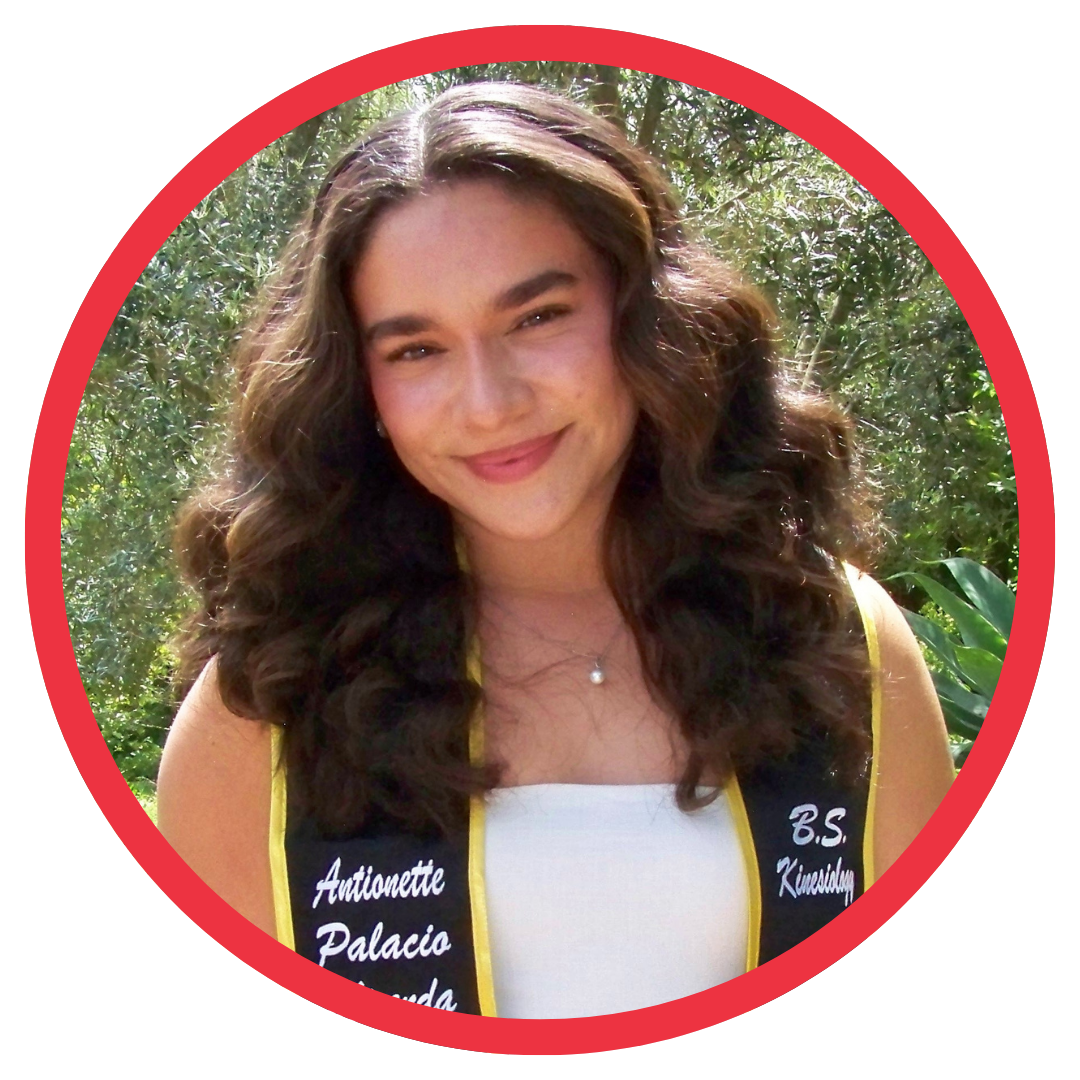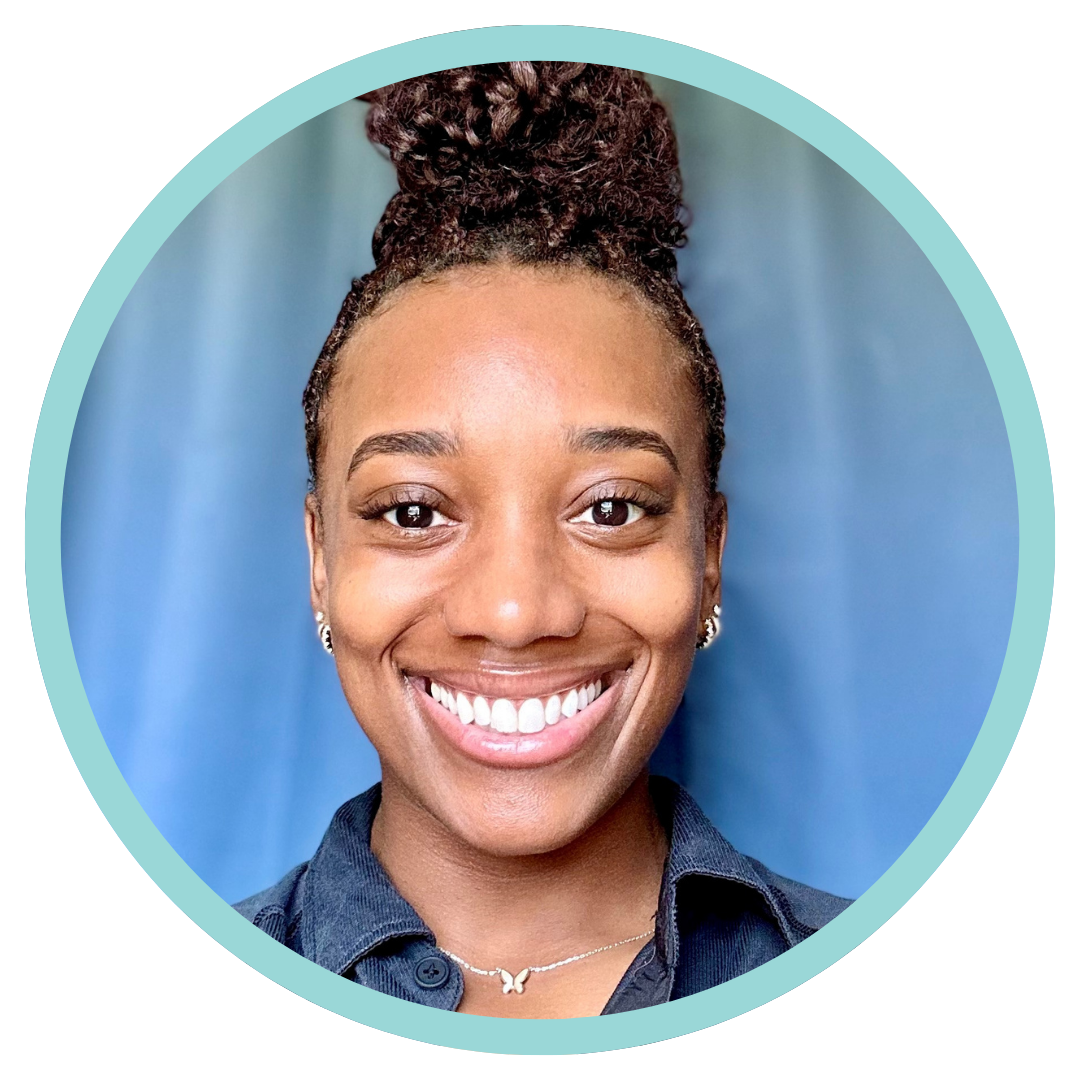CAATE Foundation Pathway to Practice 2024-2025 Award Winners
California State University-Long Beach
Q: Describe your path toward becoming an athletic trainer. How do you envision contributing to the profession and fostering its development in the future?
A: My path towards becoming an athletic trainer began with a strong passion for sports and a desire to help others. As I was initially drawn to the field through personal experiences with sports injuries and rehabilitation, I pursued a degree in Biology while playing softball, learning relevant information and gaining practical experience through participation in sports and internships. This foundation equipped me with a deep understanding of athletic training. Looking ahead, I envision contributing to the athletic training profession by advocating for evidence-based practices. My goal is to promote collaboration between athletes, coaches, and healthcare professionals to optimize performance and ensure the well-being of athletes. Additionally, I see myself actively engaging in research to advance the field's understanding of recovery strategies and injury mechanisms. Ultimately, I hope to help shape the future of athletic training by promoting inclusivity, diversity, and equity within the profession. By staying current on technological advancements and evolving practices, I hope to also play a role in the ongoing growth and recognition of athletic training as a crucial component of sports healthcare.
Q: What unique experiences or perspectives will you bring to the field of athletic training that will enhance your ability to connect with patients and advance the profession?
A: Drawing from my experience playing collegiate D1 softball, participating in various sports throughout my upbringing, and interning at a high school, I bring a multifaceted perspective to athletic training. My time as a collegiate athlete not only deepened my understanding
of sports dynamics and the demands athletes face, but also exposed me firsthand to injury management and recovery processes. This background enables me to empathize with athletes' challenges and build trust through shared experiences. Growing up involved in multiple sports broadened my appreciation for different athletic disciplines and the vast array of athletes' needs across various levels and disciplines. This perspective will allow me to tailor rehabilitation programs and injury prevention strategies to individual sports and athlete requirements effectively. Additionally, my internship at Millville High School provided valuable insights into the intersection of sports and education, emphasizing the importance of early intervention and holistic care for student-athletes. I intend to utilize these experiences to cultivate an integrated approach to athletic training, enhancing athletes' physical health and overall well-being. Moreover, I am to contribute to the progression of athletic training by implementing evidence-based practices and prioritizing ongoing education.
Bowling Green State University
Q: Describe your path toward becoming an athletic trainer. How do you envision contributing to the profession and fostering its development in the future?
A: During my freshman year at BGSU, I was in the pre-social work program in hopes of becoming a counselor. During the COVID-19 lockdown, I reevaluated my passions, my interests, and who I was as a person and realized that social work was no longer for me. I began looking into other majors and came across exercise science. I realized that this was the perfect umbrella degree for all my passions. I went into the degree thinking that I might want to become a chiropractor. It was not until we did a project in my Introduction to Exercise Science class that I was introduced to athletic training. This was where I realized that athletic training was the one career that combined all my passions and my interests. It combined my desire to make a change and help people, my love for sports, and my interest in injuries/treatments. I can envision myself making a change in Athletic Training through research. I have previously done research, and I really liked the idea that one day my research could make a big difference in the treatment or prevention of injuries. One day I hope to contribute to the profession more in this way.
Q: What unique experiences or perspectives will you bring to the field of athletic training that will enhance your ability to connect with patients and advance the profession?
A: I grew up in poverty with two parents in very poor health and have seen firsthand how expensive and unattainable healthcare can be for individuals. Therefore, I know that not all patients I work with will be able to seek further medical attention. This is why I will value and make use of every second I get with my patients. I have seen several individuals give up on healthcare because they had no idea what their provider was talking about when they were providing diagnoses, treatments, and/or aftercare instructions. I have also worked with athletes from all over the world. Therefore, I have seen how overcoming language barriers, understanding different cultures, and understanding your patient’s level of healthcare literacy are essential to providing high-quality care. I will work to understand my patients as people first so that a connection and trust are built. I want to use my unique experiences, perspectives, and health care literacy to provide high-quality information to my patients in ways they understand and feel comfortable with. Overall, I want all the patients under my care to feel informed, cared for, and understood as people and patients while remaining in my scope of practice.

University of La Verne
Q: Describe your path toward becoming an athletic trainer. How do you envision contributing to the profession and fostering its development in the future?
A: I always wondered why my mother, a surgical technician, worked many late nights. Years later, I realized her genuine passion for helping people—a passion I inherited. This became even clearer when my grandmother, suffering from chronic obstructive pulmonary disease, became partially bedridden. I was inspired by the dedicated nurses and physical therapists who cared for her, assisting with her rehabilitative exercises and setting up her mobility devices. Caring for my grandmother while my mother worked long hours solidified my aspiration to work in the medical field. My desire to become an athletic trainer was confirmed through hands-on experience with athletes, ensuring their care, and learning sports medicine under expert supervision at my previous university. I am eager to use my degree to help athletes of all levels, but my ultimate goal is to work in women’s professional sports. I aim to contribute to the athletic training field by advocating for high-quality care and supporting the development of women’s sports. My degree and experiences will enable me to ensure that female athletes receive the care they need to excel, fostering the growth and recognition of women’s professional sports in the future.
Q: What unique experiences or perspectives will you bring to the field of athletic training that will enhance your ability to connect with patients and advance the profession?
A: Through my work, I aim to bring greater awareness of the athletic training profession to the Latinx community. As a former athlete, I vividly recall the absence of athletic trainers who looked like me. I hope to be part of a growing trend of women of color in sports medicine. This representation is crucial for connecting with patients who may feel more comfortable and understood by someone who shares their cultural background. The skills and expertise I will gain as an athletic trainer will enable me to provide exceptional patient care, just as the healthcare professionals did for my family. By incorporating cultural sensitivity and understanding into my practice, I can build stronger connections with my patients, fostering trust and ensuring they receive the best care possible. Moreover, I plan to advocate for diversity and inclusion within the athletic training field, encouraging more women of color to pursue careers in sports medicine. This will enhance the profession and ensure that athletes from all backgrounds have access to knowledgeable and relatable healthcare providers. By promoting diversity and providing high-quality care, I will contribute to the advancement of the athletic training profession and positively impact the lives of many athletes.

University of North Florida
Q: Describe your path toward becoming an athletic trainer. How do you envision contributing to the profession and fostering its development in the future?
A: My journey to becoming an athletic trainer wasn't what I originally planned. Early on, I realized that I had a natural gift for connecting with people and a strong desire to care for them. In high school, I realized the impact that an athletic trainer can have. I was fortunate to have three athletic trainers who took the time to listen to us, whether it was about our injuries or our daily lives. It was because of the safe space they created for me that I even considered pursuing athletic training as a career. I've learned that part of being an athletic trainer is listening to athletes and providing a safe space for them to grow, both in their careers and as individuals. I want patients to trust they can come to me and feel comfortable knowing that they have a supportive environment, even if it's just for a talk. In the future, I aim to utilize my experience and passion for helping others to make a positive impact on the lives of those around me. I am eager to grow and evolve in this field and continue to explore new opportunities within this career path.
Q: What unique experiences or perspectives will you bring to the field of athletic training that will enhance your ability to connect with patients and advance the profession?
A: If you take the time to observe your surroundings, you will realize that there are valuable lessons to be learned. Your triumphs, challenges, sacrifices, and all other experiences and interactions offer opportunities for growth and learning. For me, these lessons came from being an African American woman in sports. It presents challenges in some aspects of my life, but as an athletic trainer, it is beneficial, especially in sports dominated by an African American or black population. While working as a Kinesiology Athletic Training Intern for Penn State football, I realized that athletes didn't initially trust me based on my qualifications but rather based on the color of my skin. While the color of my skin does not make me anymore or any less qualified than my counterparts, it does lend me a profound understanding of what many athletes have gone through. My daily experiences in my skin, in a society that has historically overlooked people who look like me, will continue to help connect me to and nourish a community of athletes with similar life experiences.